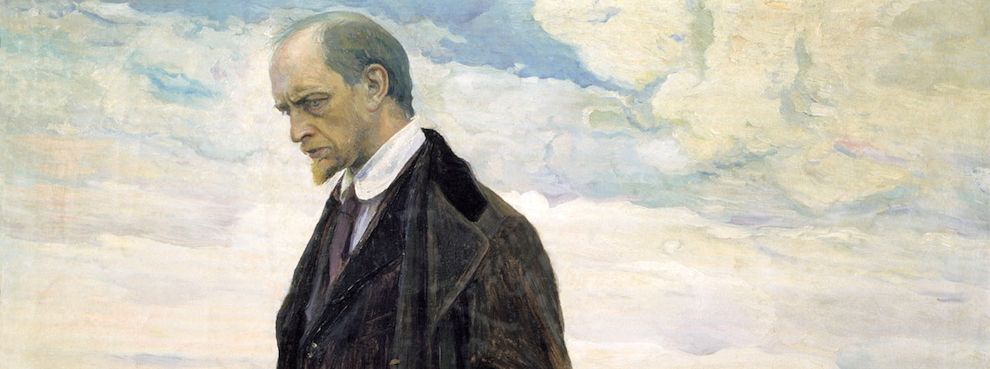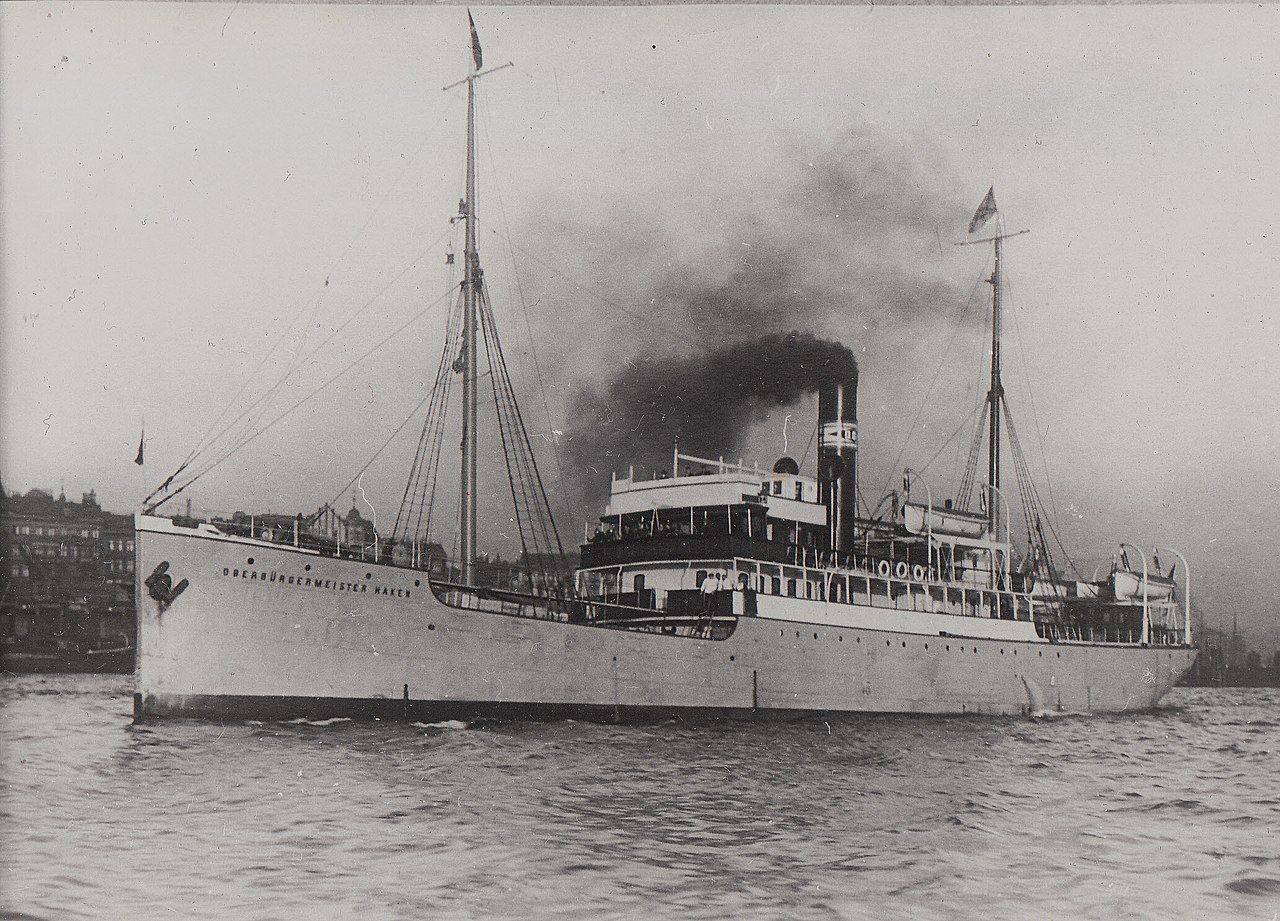aboard the philosophy boat

[Inscription on the Water Lane] In 1883, Elian was born in a nobleman in the Russian Empire. His ancestors lived in the Kremlin for two generations, and his mother was a German immigrant. In 1901, he entered the Faculty of Law of Moscow State University, where he studied German philosophy inspired by the professors in the department.
From 1911 onwards, he traveled to Europe, where he met Georg Simmel, Edmund Husserl, Wilhelm Windelband, Heinrich Rickert, Rusger. Emil Lask), Cohen (Hermann Cohen), Natrop (Paul Natrop) and other famous lectures. In the middle of 1914, he made a special trip to Vienna to seek clinical treatment for the deity of Sigmund Freud. The knowledge of many masters will be absorbed and transformed into his original ideas in the future. In 1916, he completed his doctoral dissertation on the relationship between God and man in Hegel's philosophy. The following year, a series of revolutions broke out in Russia.
During the preparation of his doctoral dissertation, Russia participated in a world war, and then fell into a civil war, and the fate of the nation became his lifelong heart. In his doctoral dissertation, he has put forward an unusual point of view, claiming that people cannot rely on God to pacify the evils of the world, and that people can only overcome all evils in the world by themselves, which highlights the tragic character of life in this world. Although people are abandoned by God, they can rise spiritually and finally merge into one, thereby gaining the power of God.
Witness the Russian Revolution and Civil War. At first, like many scholars, he supported the February Revolution and hoped for the liberation of the Russian people. After the success of the October Revolution, he was utterly disappointed and turned to openly writing an article to praise the White Army who resisted the Red Army. However, he did not flee immediately with the royalist forces. In 1918, he stayed at his alma mater as a professor of law, and his doctoral dissertation was published in the same year, showing that he planned to continue his academic career in Moscow.

After all, time changes easily. During his stay in Moscow, he was imprisoned six times by the authorities and was sentenced to death once. In mid-1922, Lenin ordered the spy organization Cheka (Чека́, Cheka) to expel all counter-revolutionary scholars from the country. As a result, more than 100 scholars, including Ilian, boarded two German ships and set sail from St. Petersburg to Stettin Port, which was still part of Germany at the time, known in history as the "Philosopher Ship Incident" (Философский пароход, philosophers' ships).
It is said that Yilian and Lenin never met, and their political stances were even more different, but they sympathized with each other. Both had read each other's writings, and they stirred each other's minds. After the Cheka captured Elian, Lenin intervened, and Elian was able to safely cross the Baltic Sea. (to be continued)
Like my work? Don't forget to support and clap, let me know that you are with me on the road of creation. Keep this enthusiasm together!

- Author
- More